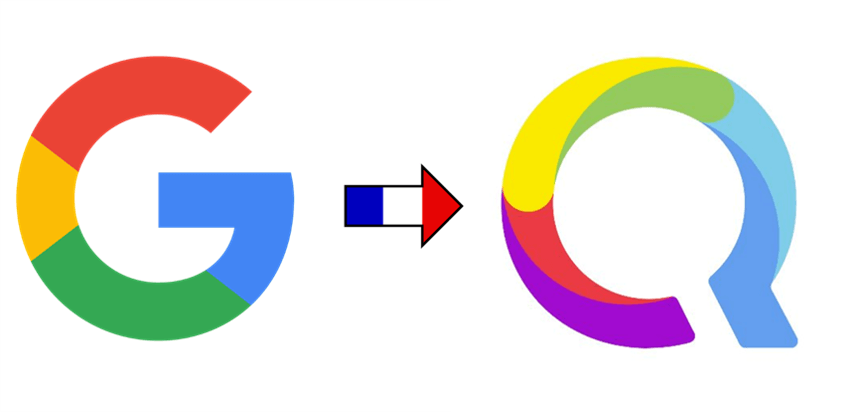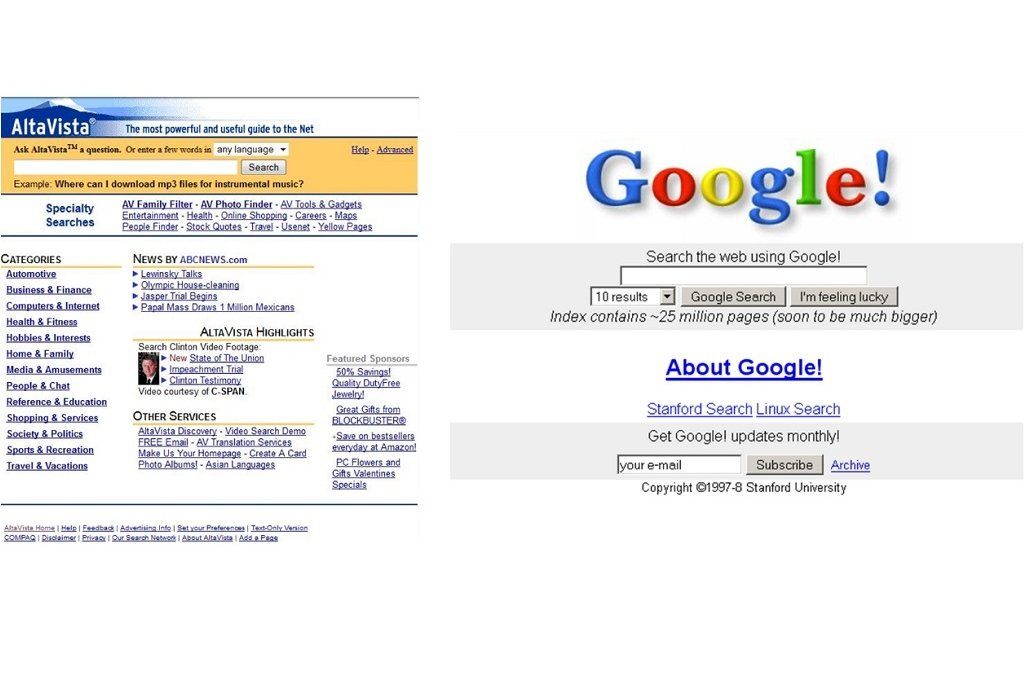What’s in a name? Why Trisent?
So why is Trisent called “Trisent” and does the logo have a meaning?
The name
Most company names have a story behind how they came about and Trisent is no different. As this is now becoming an FAQ I thought I would tell the story here. Trisent is a name derived from Tri (meaning; three) and Sentient (meaning; to be aware of). So Trisent means to be aware of three things. So what are they?
When the original Trisent company was planned back in 2004 ( see post
) I had a vision of contextual services based on the emerging new smartphones (we had Symbian and we had Blackberry!). Having a handheld computing device with data communications and a good screen opened up a massive opportunity as we have witnessed today. My vision of future contextual services was based on three elements that the smartphone could become aware of; where, when and what. 

- Where: the location of the smartphone
- When: the current time
- What: things that are currently relevant at that location
So this was the basis for the company name and the original Trisent company successfully built example services based on this three axis context data.
The symbol used in the Trisent logo has three elements on the outside ring representing the three context elements; where, when and what. They are arranged to form a target like symbol with the dot in the middle representing ‘who’ i.e. the smartphone owner to whom the contextual services will be targeted. The arrangement of the target is also orientated to echo the letter ‘T’, the first and last letter in Trisent (that one is possibly a bit more cryptic).
History
The Trisent name and logo was used from 2004-2008 by Trisent Communications Ltd. During that period the logo was always rendered in dark blue colour. In early 2008 Trisent Communications was bought by Artilium plc and the registered company name was changed to Artilium UK Ltd. The logo and Trisent names ceased to be used. In early 2016 I decided the time was right to revive the vision of contextual services and I bought the Trisent name and rights back from Artilium and registered a company in the name Trisent Ltd. The new Trisent logo is almost identical to the old one and is now rendered in black.
The post What’s in a name? Why Trisent? appeared first on Trisent.











